What Causes Oily Skin and How Can You Treat It?
Having oily skin is a challenge on its own. Read this guide to learn about what causes oily skin, the symptoms of having it, and how to treat it.

As human beings, it is normal for the skin to cycle through phases as our bodies mature and endure different environments. Specifically, there are many factors that can lead to oily skin making it a habitat for pimples, blemishes, breakouts, and irritation.
Those who struggle with these conditions find it difficult to maintain healthy, fresh skin. Sometimes washing your face just isn’t enough. However, with today’s face treatment technology, there are new ways to treat oily skin with specific skin care routines and products to get your face feeling fresher than ever.
Oily skin is not only inherited genetically, but it can also be due to a lack of quality skin care or poor lifestyle habits. Some of the major indications of oily skin is having noticeable shine and common breakouts. This is a result from an oily skin type or combination skin type, all described below. This guide is to help identify what causes oily skin, to understand symptoms, and to explain how to fix it.
Causes

Photo by Bruce Mars
Oily skin is a result of having overactive sebaceous glands. These glands produce sebum which, is an oil production gland that protects and hydrates the skin. When sebum is overly-produced, it leads to your skin feeling greasy, clogged pores, and dead skin cells, which can eventually lead to acne, blackheads, and other skin-related issues.
Lifestyle habits such as sleep, stress, and wearing sunscreen can be contributors to oily skin. The right amount of sleep every night is important for holistic health and can affect the appearance of your skin. Stress is connected to insulin resistance and worsens breakouts, while sunscreen keeps your face safe and looking its best.
Keep in mind that oily skin is not only a result from bodily functions, but also external factors such as those stated above.
Symptoms
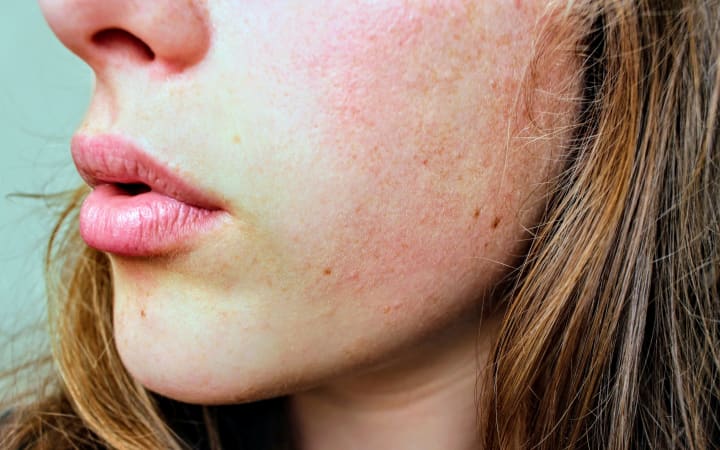
Photo by Jenna Hamra
Symptoms of oily skin can range from mild to excessive, depending on the amount of oil on the face. Symptoms include a shiny or greasy appearance, large pores, thick or rough skin, pimples, clogged pores, and blackheads. Those who have these symptoms can find it difficult to find makeup suitable for their skin, or constantly having to deal with a greasy face.
If you suffer from extreme symptoms, seek a dermatologist for advice and suggestions.
Identifying Your Skin Type

Photo by Marx Llagen
One of the first steps to fixing skin is to identify which skin type you have. The two main types that contribute to excess oil are oily skin and combination skin. Those who have oily skin have shiny, greasy faces, and may deal with breakouts regularly. People with this skin type usually have larger and more noticeable pores.
In contrast, there are those with combination skin type—which is more commonly reported. Combination skin means dealing with two skin types on the face, oily skin and dry skin. The T-zone is often oily while other parts of the face may be dry and cracking.
Treatment
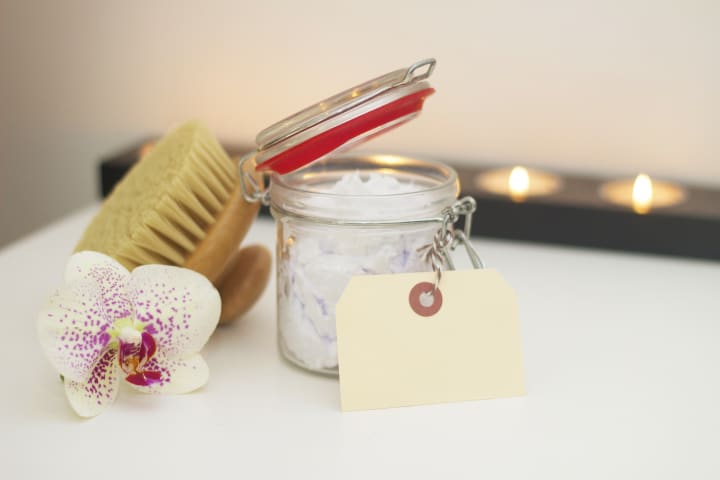
Photo via Pixabay
People react differently to certain products, meaning that some treatments may work better for some than others. Once you find the right fit for you, be consistent with that routine and notice how your skin cuts down on shine while replenishing itself. For those with sensitive skin, rough skin, or extremely oily skin, there is a skin care routine modified for all needs.
Consistent Washing
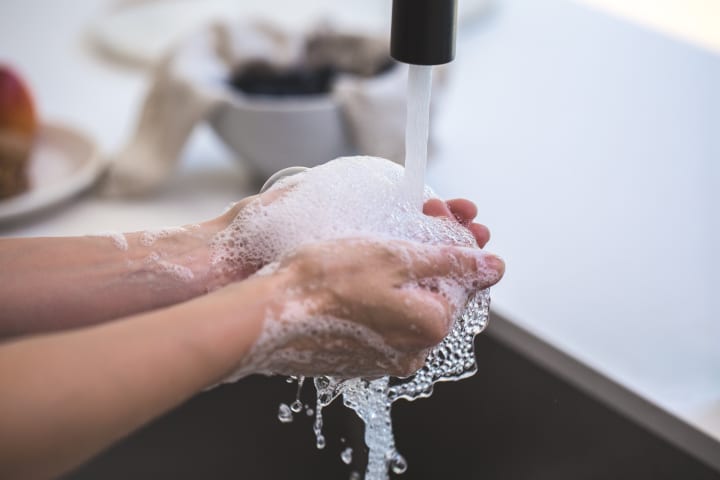
Photo via Shopify
Go to a local drug store and pick up a daily facial cleanser that is suitable for your skin type. Make sure to avoid soaps with fragrances, added moisturizers, or harsh chemicals because they can dry out your skin. Facial cleansers utilize effective acne treatment ingredients, which cut down on oil production, leaving your skin smooth and silky. Wash once in the morning and once before you go to sleep to ensure that all the debris, makeup, and dead skin cells are removed from your face.
If you exercise regularly, always be sure to remove sweat and shower as soon as possible. Leaving sweat on your body can cause oily skin problems.
Salicylic Acid and Glycolic Acid
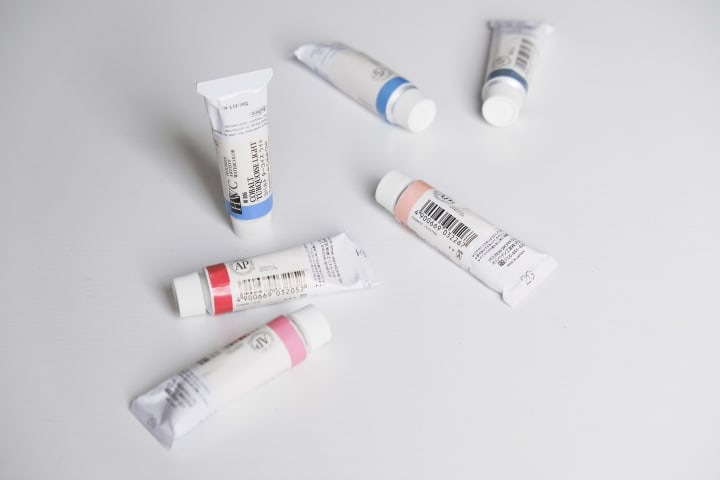
Photo via Pixabay
Some acne treatments are medicated, containing salicylic or glycolic acids. These acids assist in attacking acne breakouts and blemishes. Specifically, they dissolve keratin, which helps to exfoliate the skin, removing dead skin cells and bacteria, resulting in a blemish-free face.
Be cautious of other ingredients in facial cleansers. For example, ingredients like benzoyl peroxide can cause redness and irritation and may reactive your oil glands and cause other side effects. Understand your skin and speak to a professional about these ingredients to get science-backed ways to fight oily skin for your skin type.
Blotting Sheets
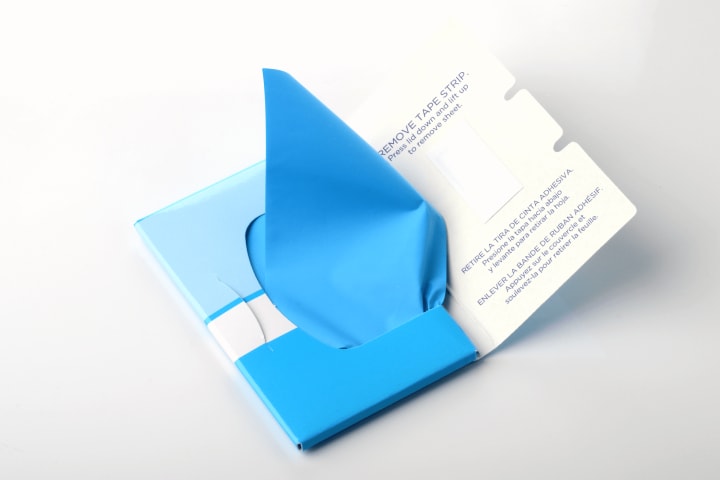
Photo via JB & EVES
If any of the science-backed or surprisingly effective oil cleansers for oily skin don't work, blotting papers are specifically designed to absorb excess oil from the skin. Blotting the surface of the skin lightly with oil-absorbing material can help keep the shine down. Be sure to only blot lightly because wiping the skin can lead to irritation, and may heighten your acne.
Facial Masks
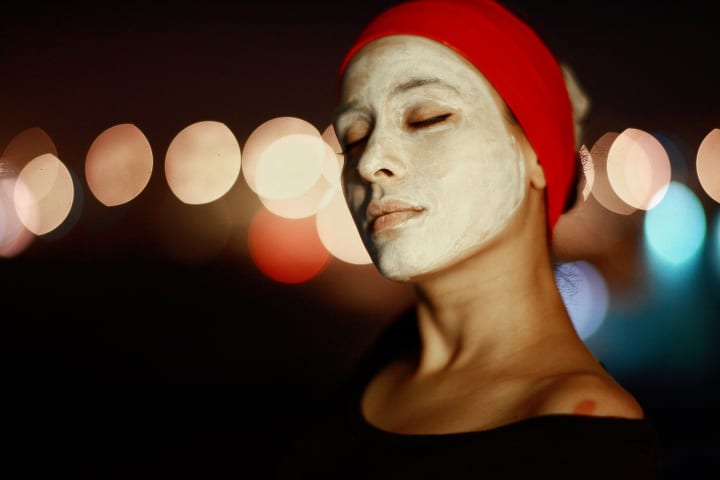
Photo via Pixabay
There are various face masks that could benefit different types of skin. The three main types of facial masks are based with clay, honey, or oatmeal. Each carry different benefits, but have the same outcome for a clear face. Clay reduces shininess and sebum levels, honey reduces acne and keeps skin soft, and oatmeal ingredients contains antioxidants that soothe irritated skin.
Moisturizers
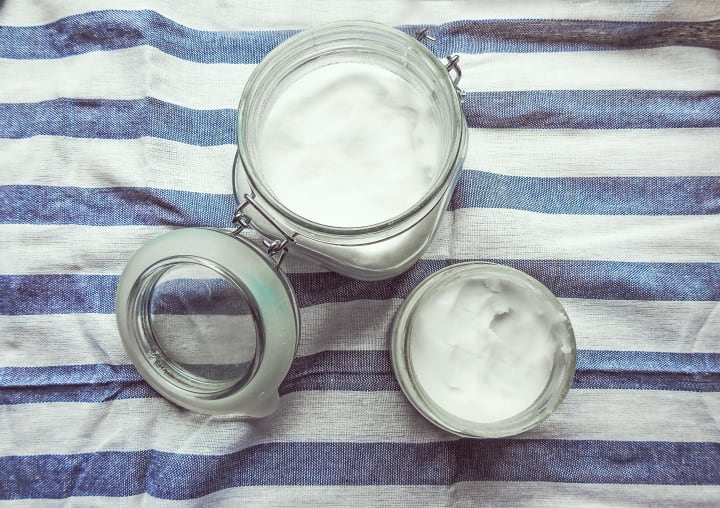
Photo via Pixabay
Most people would assume that moisturizers will make the skin look greasier or activate oil glands; however, using the right moisturizers or essential oil mixtures can be another great element to skin care.
There are oil-free moisturizers that could keep the skin at a healthy, moist level, and leave it protected throughout the day and overnight. Aloe Vera can act as another alternative for treating acne and oily skin.
Benefits of Oily Skin
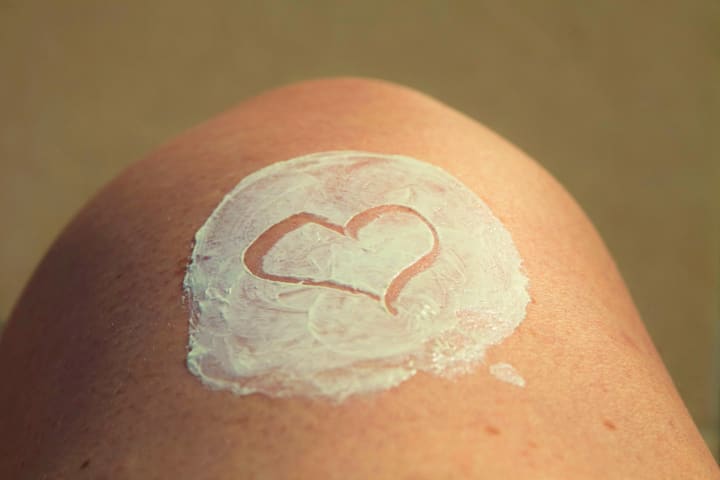
Photo via Pixabay
Although oily skin may seem like a burden to those who suffer from it, there are some benefits of a dewy face. Skin care experts agree that people with oily or combination skin age more slowly, meaning that their face will stay in tact longer. Oily skin prevents fine lines and wrinkles that come with old age. Later down the road, what causes oily skin could become more of a benefit than a burden.
About the Creator
Sherry Campbell
Second grade teacher by day, at home therapist for two middle school daughters by night.






Comments
There are no comments for this story
Be the first to respond and start the conversation.